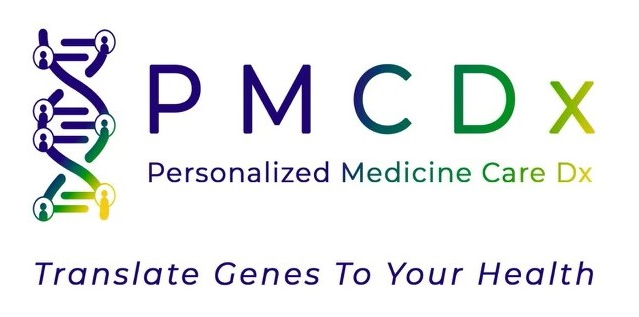Many of cardiovascular medications are metabolized by certain cytochromes in liver. The exact same dose of a medication can produce different results in different individuals. This inter-individual variability can be due to genetic of such cytochromes or other genetic pathways. If someone has increased activity of these cytochromes, the drugs may be eliminated from body more quickly resulting in decreased efficacy. If someone has decreased activity of these cytochromes, the drugs may be built up in body resulting in toxicity. Therefore, determining the genetic make-up of an individual can help with precision prescribing of the medications.
Clopidogrel is a prodrug which needs to be activated by a cytochrome called CYP2C19. According to American College of Cardiology Foundation/American Heart Association Acute Coronary Syndrome (ACS) guidelines, genetic testing for CYP2C19 loss-of-function alleles should be considered on a case-by-case basis, especially in individuals with recurrent ACS while receiving treatment with clopidogrel.
“Error and trial approach” in case of a life-threatening condition such as acute coronary event especially may not be advisable.
The Clinical Pharmacogenetics Implementation Consortium (CPIC) guideline recommends using an alternative agent in patients with at least one decreased function allele due to risk for decreased response. Patients with genotype of increased metabolism should be monitored for increased bleeding risk.
Warfarin, a vitamin K antagonist is a commonly used anticoagulation medication with significant inter-individual variability and narrow therapeutic index leading to frequent complications due to over and under dosing. Genetic variants in CYP2C9, CYP4F2 and vitamin K epoxide reductase complex subunit 1 (VKORC1) can predict the dose needed to meet the therapeutic level.
Statins
Concomitant use of statins such as simvastatin with certain drugs may lead to increased blood concentration of simvastatin resulting in myotoxicity. An alternative agent or a reduced dose of simvastatin should be prescribed to patients with at least one reduced function allele in SLCO1B1.
Frequency of Cytochrome P450 (CYP2D6, CYP2C9, CYP2C19) Metabolizer Types in the population
| Cytochrome | Poor metabolizer | Intermediate metabolizer | Normal metabolizer | Rapid or ultra-rapid metabolizer |
| CYP2D6 | 4-7% | 9-35% | 50-90% | 2-3% |
| CYP2C9 | 3% | 30% | 68% | N/A |
| CYP2C19 | 2-20% | 24-36% | 14-44% | 30% |
Anticoagulants and Antiplatelet agents (Blood thinners)
| Medication | Gene |
| Warfarin* | VKORC1, CYP2C9, CYP4F2 |
| Clopidogrel | CYP2C19 |
| Ticagrelor | CYP3A4, CYP3A5 |
| Prasugrel | CYP2C19 |
| Acenocoumarol | CYP2C9 |
*CPIC guideline pharmacogenetic algorithm https://cpicpgx.org/content/guideline/publication/warfarin/2017/28198005.pdf
Hyperlipidemia (High blood cholesterol)
| Medication | Gene |
| Simvastatin, Atorvastatin, Fluvastatin, Lovastatin, Pitavastatin, Pravastatin, Rosuvastatin | SLCO1B1, CYP2C9, ABCG2 |
| Atorvastatin | CYP3A4 |
Hypertension (High blood pressure)
| Medication | Gene |
| Beta Blockers (Carvedilol, Timolol, Metoprolol, Propranolol, Nebivolol) | CYP2D6 |
| Clonidine | ADRA2A |
Antiarrhythmics (Irregular Heart Rhythm)
| Medication | Gene |
| Flecainide, Propafenone, Ranolazine | CYP2D6 |
General Cardiac
| Condition | Gene |
| Thrombosis | FII, FV, MTHFR |
